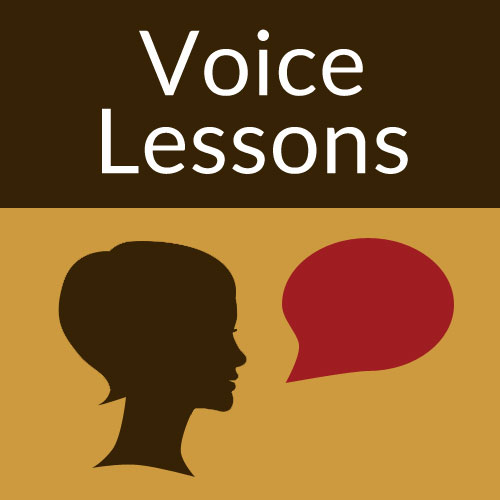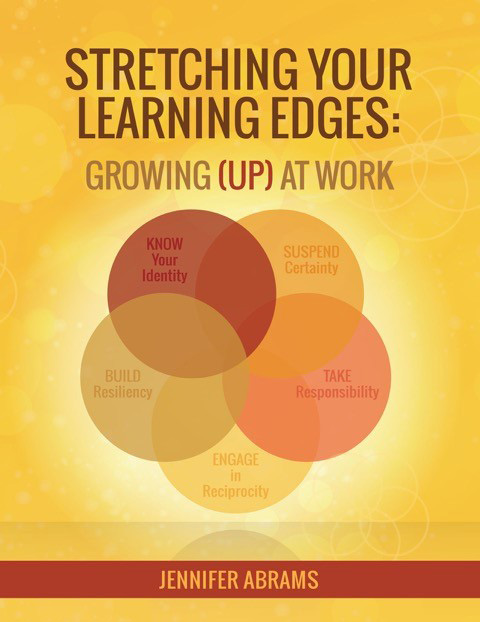Family With A Capital O
February 3, 2020

Aloha! I am back from working with groups from the Hawaii DOE. In Hawaii, the idea of ‘ohana’ (family) is a big deal. A BIG deal.
If you look at one definition of Ohana it says, “Ohana is a Hawaiian term meaning “family” (in an extended sense of the term, including blood-related, adoptive or intentional). The term is cognate with Māori kōhanga, meaning “nest.” The italics are mine and the idea of extended and intentional ring loud and clear for me.
The phrase “it takes a village” is true beyond true. And, the village is bigger than we see on a daily basis. With the world getting smaller and more interconnected, our ohana and our ‘nest’ must intentionally get bigger and more extended. We have to be supportive of one another. We are connected together whether we think of ourselves as connected or we don’t.
I remember when I worked at Henry M. Gunn High School in the English Department. During those years, I really felt I worked #1 in the English Department then #2 at Gunn High. And then maybe #3 in Palo Alto Unified and if I stretched myself, I connected to #4 the Bay Area, #5 to California and ultimately #6 to the USA. To extend my energy outside my most immediate circle wasn’t part of my day-to-day mindset. I now know I wasn’t thinking big enough. My ohana was too small.
With the world getting smaller and more interconnected, our ohana and our ‘nest’ must intentionally get bigger and more extended. We have to be supportive of one another. We are connected together whether we think of ourselves as connected or we don’t.
While I was in Honolulu getting over my jet lag, I had an opportunity to eat fish burritos with a new friend, Daniel Kinzer. Now a teacher in a new self-designed role (or two) and a current Grosvenor Teacher Fellow with National Geographic Society, Daniel has been volunteering with the Polynesian Voyaging Society and was telling me about their double-hulled sailing canoes and the 12 person voyages they take worldwide. Pretty amazing Work. Look here for more.
We were talking about the voyages that the canoe takes worldwide – 12 people, the wide, blue ocean, working together, reaching the next piece of land. A small ohana doing big work. They must be supportive and generous with each other or they don’t survive. For those of us who know me as a former English teacher, you can see where this metaphor is going….
We ALL must be generous with each other. We must think Ohana with a capital ‘O.’ My next book focuses on stretching ourselves outside ourselves and the immediate and too small to think bigger, to develop, to have a wider perspective. To grow and to grow up. This whole amazing world is our Nest. How can we be more generous with each Other today?
If you have any questions, comments or topic suggestions, please feel free to email me at Jennifer@jenniferabrams.com. I look forward to hearing from you!
Cool Resources
Embarrassment: And the Emotional Underlife of Learning by Tom Newkirk
From Amazon: In this groundbreaking exploration, Newkirk offers practices and strategies that help kids and teachers alike develop a more resilient approach to embarrassment. “I contend that if we can take on a topic like embarrassment and shame, we can come to a richer, more honest, more enabling sense of who we are and what we can do,” he explains. “So let’s do battle. Let’s name and identify the enemy that can haunt our days, disturb our sleep, put barriers up to learning, and drain joy from our lives-and maybe we can also learn how to rearrange some things in our own head so that we can be more generous toward ourselves.” So so true.
A colleague, Roxanna Elden, who I met through the New Teacher Center, wrote a funny, spot on novel about our profession, entitled Adequate Yearly Progress. One reviewer, Natalia Sylvester, says, “Adequate Yearly Progress is a brilliant portrayal of our public education institutions and the systemic issues that affect students and teachers alike. Roxanna Elden’s spot-on observations, penetrating humor, and deeply-felt characters make for an immersive story that is as fun to read as it is enlightening.”
And speaking of New Teacher Center, here is a blog from another colleague who I knew from her work there! Sarah Young, now a consultant, (sarah@sarahyoungconsulting.com) wrote a terrific blog about why culturally responsive coaching is more than just good coaching. Very worth reading.

